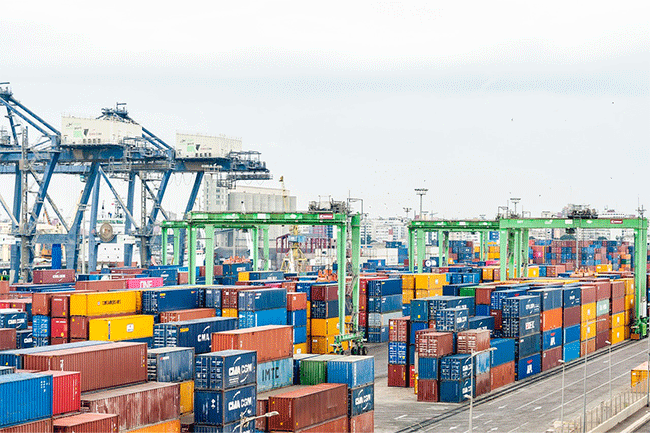Recently, the U.S. Department of Commerce’s Office for Industry and Security (BIS) issued a new regulation that updated the factory policies of two South Korean companies, Samsung and SK Healy in China. Under this new regulation, the Chinese factories of the two companies were included in the list of “certified end-users” (VEUs), which means that the two companies will no longer need additional permission from the U.S. government when supplying equipment to their Chinese factories in the future.
Meanwhile, the U.S. Food and Drug Administration (FDA) has also issued a new version of the Imported Food Pre-Notification Guidelines (Edition 4), which came into effect on 13 October. The new version of the guidelines makes it clear that even if the FDA considers the regulatory system of the country of origin of imported foods to be equivalent to the U.S., this does not mean that the country produces foods that are exempt from the requirement to be notified in advance when imported to the U.S. In addition, if the FDA makes a decision to refuse entry or withhold inspection on imported foods that are notified in advance, the importer will have five natural days to submit a re-examination to the FDA.
In terms of international relations, the U.S. government on October 18 announced the temporary lifting of a number of sanctions against Venezuela, especially against its oil and gas industries, for a period of six months. The U.S. Treasury Department issued a statement saying that in addition to lifting the secondary trade ban, a general license was issued to authorize transactions involving the Venezuelan oil and gas industry and the gold industry. This decision means that the U.S. is seeking to improve relations with Venezuela and may lay the foundation for broader future cooperation between the two sides.
Overall, this series of actions reflects the U.S. government’s flexibility and openness in foreign and economic policy, aimed at promoting international trade and investment, while also making appropriate adjustments to international relations at critical times.



 Follow customer service WeChat
Follow customer service WeChat